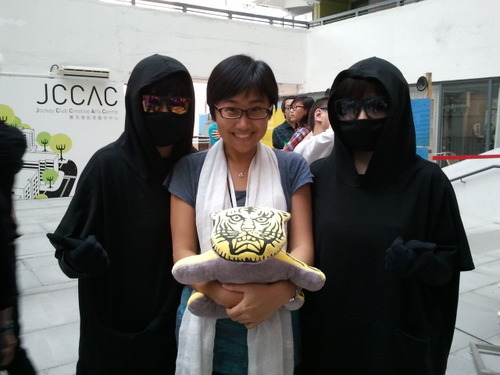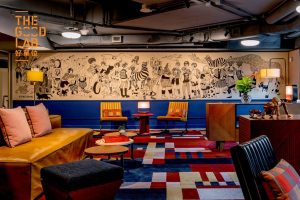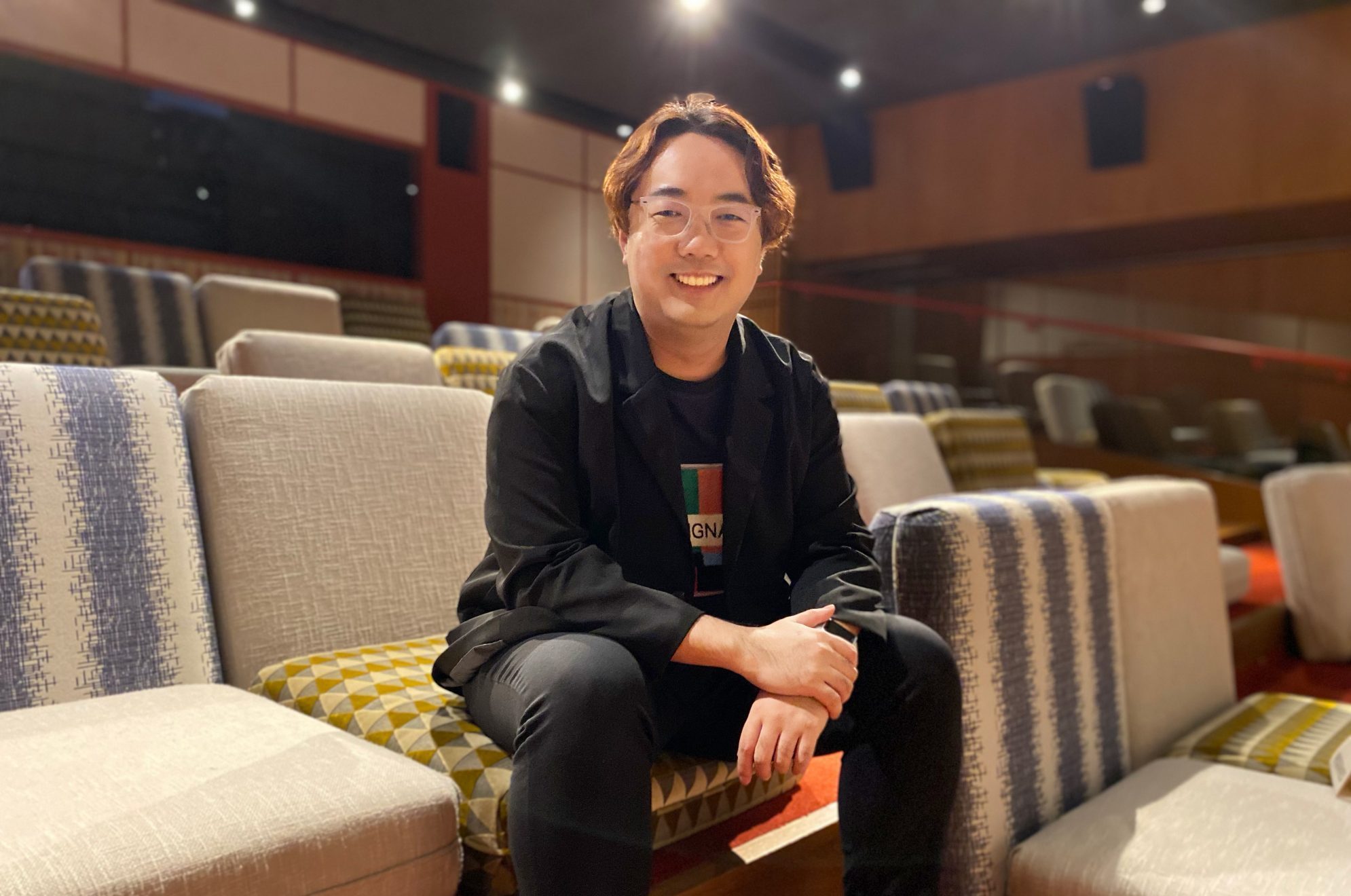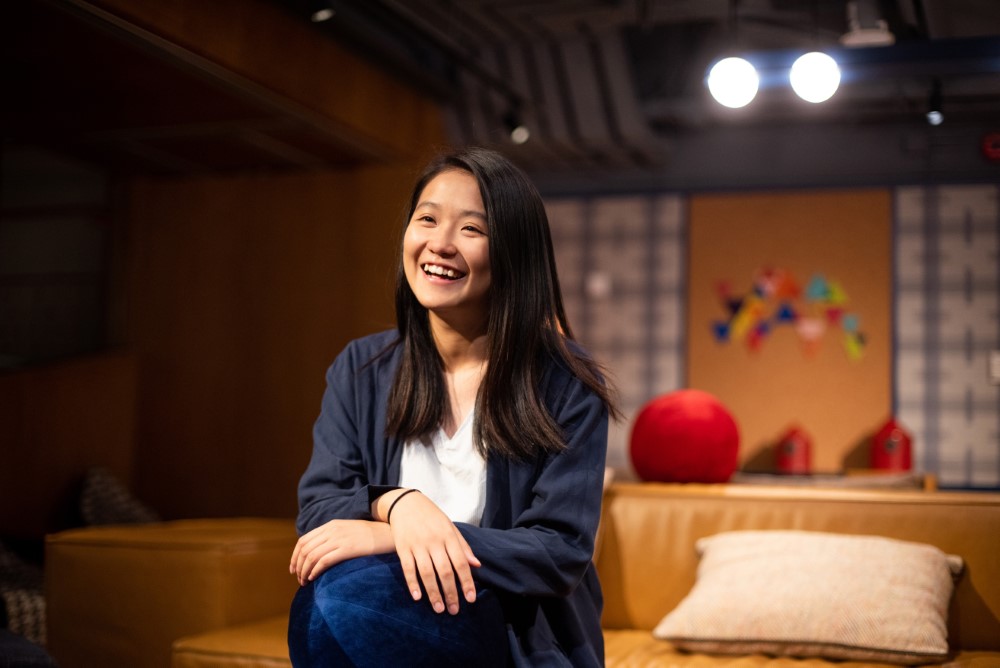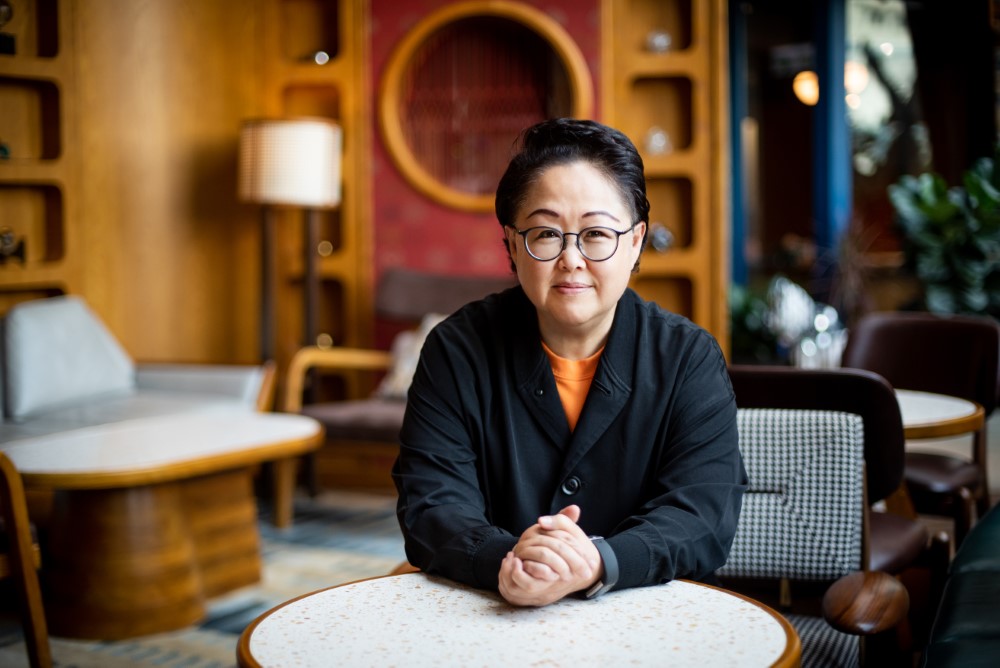Interview with Adele Chiu
此文章暫時只備英文版本,中文版本將不日上載 Adele Chiu is founder of TixMart, a website that aims to help local artists reach more local and travelling audiences. We did an interview with her recently in which she reflects on the local art scene in Hong Kong and how new facilitating mechanisms could help.
It starts with a challenge to oneself
In 2009, Adele found herself facing a mid-career crisis after many years of work both fulltime and as a freelancer in the arts administration world. She wondered if that is really her cup of tea and started a search within herself. It daunted on Adele that she had crush on computer programming when she was first introduced to this new skill. She decided to pick it up again and taught herself how to make a website from ground up.
“Can I create a website that puts my new learning into use and reflects my love for arts?” This was what Adele asked herself at that time.
She realised that it was not easy for someone who loves arts and culture to keep an eye on these programmes and buy tickets for the shows in Hong Kong. You have to make some deliberate efforts to do that. While at the same time, there are people who bought tickets to these shows but found themselves stranded at work and could not make it to the shows, and there was no platform for people to sell their tickets to others or to give their tickets out as gifts.
So Adele decided to make an online platform that facilitates ticket exchanges in Hong Kong, and she calls it TixMart. She spent a few months on writing the website and launched it in 2009.

Much to Adele’s surprise, there were quite a few people who visit the TixMart website and exchange tickets there, most are tickets for concerts of famous local artists. The monthly pageviews of the website has reached 100,000, which is a good number to be proud of for a part-time project. Adele has since been occupied with other more interesting projects. She leaves TixMart on an auto-pilot mode, spending minimal amount of time on it and just enough money to keep the server running.
Arts and culture are the voice of the people
Adele has bigger dreams in mind.
There are many small art groups or collectives in Hong Kong. They may be small in scale but not small in their artistic ambition and in their professional work. But the problem is that they could not find enough audience who like their shows. What’s worse, many people learn about the shows from friends or from local press only after the shows are over.
It does not have to be the case though, if we have a more developed group of arts administration professionals in Hong Kong, said Adele.

Many people might find this to be a new concept, but it is actually an integral part of the arts and culture scene in any big cities. The artists should focus their attention on churning out creative work, while the work of ticketing, copyediting, venues, marketing and sponsors should be delegated to arts administration groups. It is only through collaborations like this that we can help grow the arts and culture industry.
For example, Adele used to work with Tang Shu Wing. His theatre shows were well received at Edinburgh Fringe Festival, while the same shows were not that much known in Hong Kong outside of the art circle.
People react to arts and culture more deeply compared with traditional means of discourse. And if you think about it, arts and culture is still pretty much uncensored in Hong Kong. Local artists have the freedom to voice out through their art work. This is a treasure we shall preserve, especially in a time of heated political debates.
Can we imagine Hong Kong as a city known for arts and culture?
When asked if they like arts and culture, most ordinary people in Hong Kong would back off and admit that they are not part of the crowd who can appreciate these things. But in many cities all over the world, even ordinary people would reckon arts and cultural activities as part of their life. “My hope is that in the future more people will entertain the idea of going to a theatre show or a dance show on top of the usual choice of shopping during weekends.” said Adele.
It is indeed quite a hassle to buy show tickets in Hong Kong, which might have contributed to people’s adversion to arts and culture. But this is a solvable problem. In New York City, right in the centre of Times Square, you could find a booth called TKTS, which sells tickets for shows of the day to local residents and travellers, often with discounts. This model was later copied in London, and welcome by local audience.

(photo by Justin Brown)
Such simple acts like facilitating easier ways to buy tickets might sound too simple, but in fact they are indespensable for a flourishing arts and cultural scene in a city. We talked about the Western Kowloon Cultural District during the interview, and Adele reckoned that it is now high time that we start paying attention in improving the software, namely, the user experience of joining any cultural events. It would be wise for the government to start thinking about audience development, among other things, before the official launch of the WKCD. There is a lot of things we can do to help citizens understand why arts and culture matter to their life. Only when more people come to appreciate the value of arts and culture will they be ready to spend money on this, and thus make an virtuous cycle possible.
Such thoughts are what lie at the heart of Adele’s second startup project, which draws much of its inspiration from TKTS in New York. Adele has been talking to many local arts and cultural groups, and building a new ticketing website at the same time, which is part of her efforts aiming at supporting arts group to promote their performance to the wider community. “It would be great if in the future people travel to Hong Kong not just for shopping, but also for the theatre, the dance and other arts and cultural events in Hong Kong, through which they will come to see a different side of Hong Kong.”


